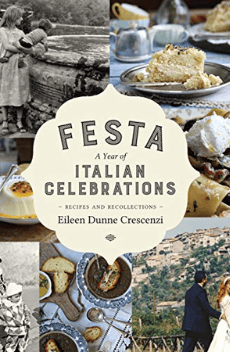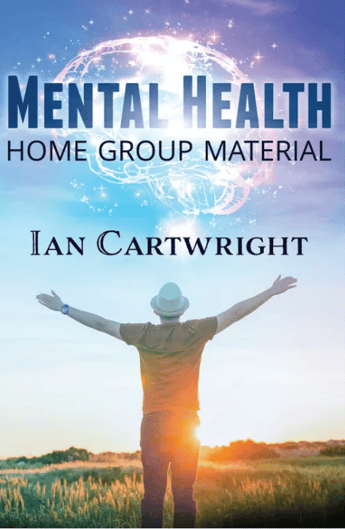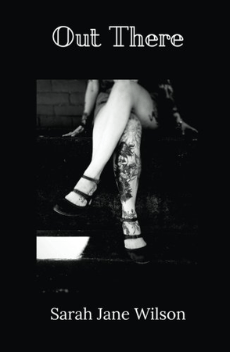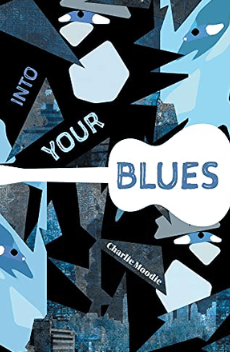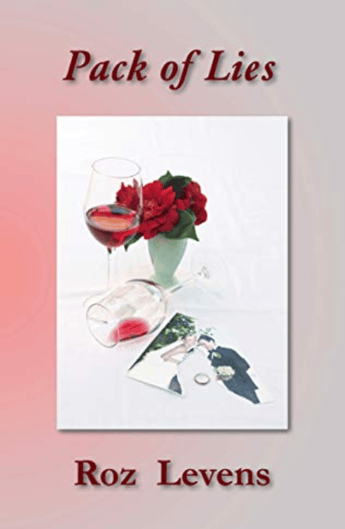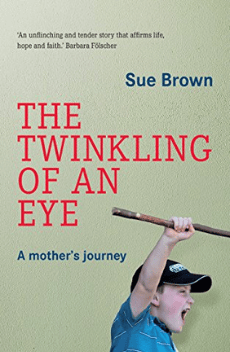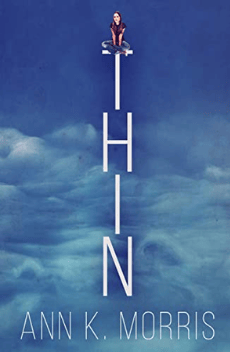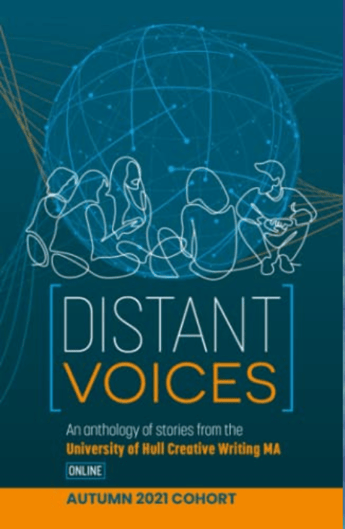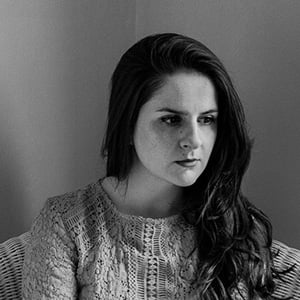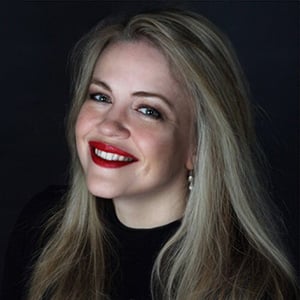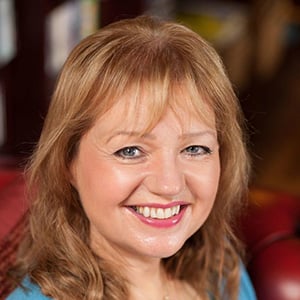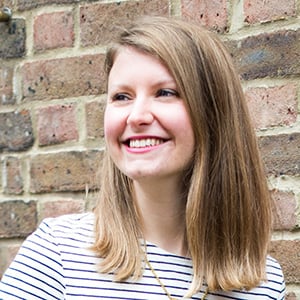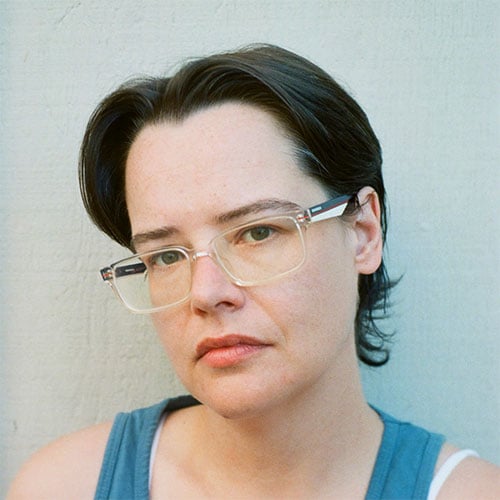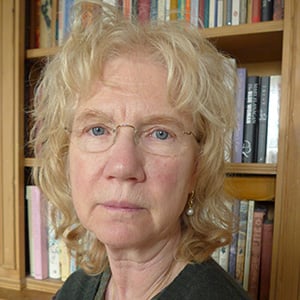[upbeat music plays throughout]
Dr Chris Westoby: So there are five modules over the course of two years. You're introduced to the programme with The Writer's Craft, which is designed by our programme founder, Martin Goodman. The Writer's Craft teaches you key writing concepts at MA level, how to analyze the work of exemplary authors and locate what makes their writing successful, so that you may apply such skills within your own practice, and you work upon and strengthen your unique writing voice.
This acts as your your foundation, your springboard, from which you launch into the central three genre specific modules. So you have Writing the Short Story, Writing from Life and Writing the Novel where you study and practice specific modes of writing in-depth.
By the end of these four taught modules, you'll be well equipped and raring to embark upon The Writer's Portfolio. This double length and double weighted module sees you liftoff into an extended writing project of your own design.
With the support of a supervisor chosen to help bring out the very best in your work. You learn through a a combination of writing exercises, lectures, guided critical reading, discussion, forums, workshops and webinars.
Well, this is hard to quantify because everyone works at different speeds, which is absolutely fine and part of what we're proud to accommodate. There are also extra elements to each model, which some students may wish to engage in such as further recommended reading.
Our standard entry requirements are a 2:2 BA honours degree or international equivalent.
However, we also recognize other forms of prior experience and therefore encourage anyone who is interested in the programme to get in touch.
Your application may discuss where your career has taken you so far and why this equips you with the skills designed to join this program. You might discuss other writing courses you've attended, which have provided a strong foundation. You might discuss inroads you have made into publication, all of which shows that you are ready to start sharing your work and have practiced polishing it.
Or you may simply demonstrate the strength of your potential as a writer through your creative writing sample.
Even without the standard entry requirements, you may be the ideal candidate for this programme. There are a number of non standard ways in which you may be considered, so please do get in touch.
Your assigned course advisor will help you form an application that lets your unique strengths shine.


.webp?width=230&height=352&name=Jinny%20AlexanderJeanette%20Everson%20-%20Dear%20Isobel%20(1).webp)
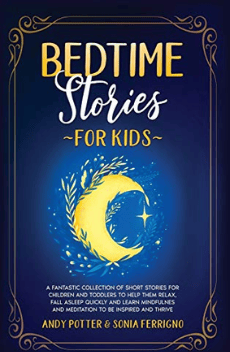
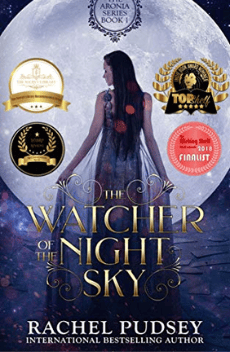
.webp?width=230&height=352&name=Post-Midnight%20Blues%20-%20Rae%20Toonery%20(1).webp)
